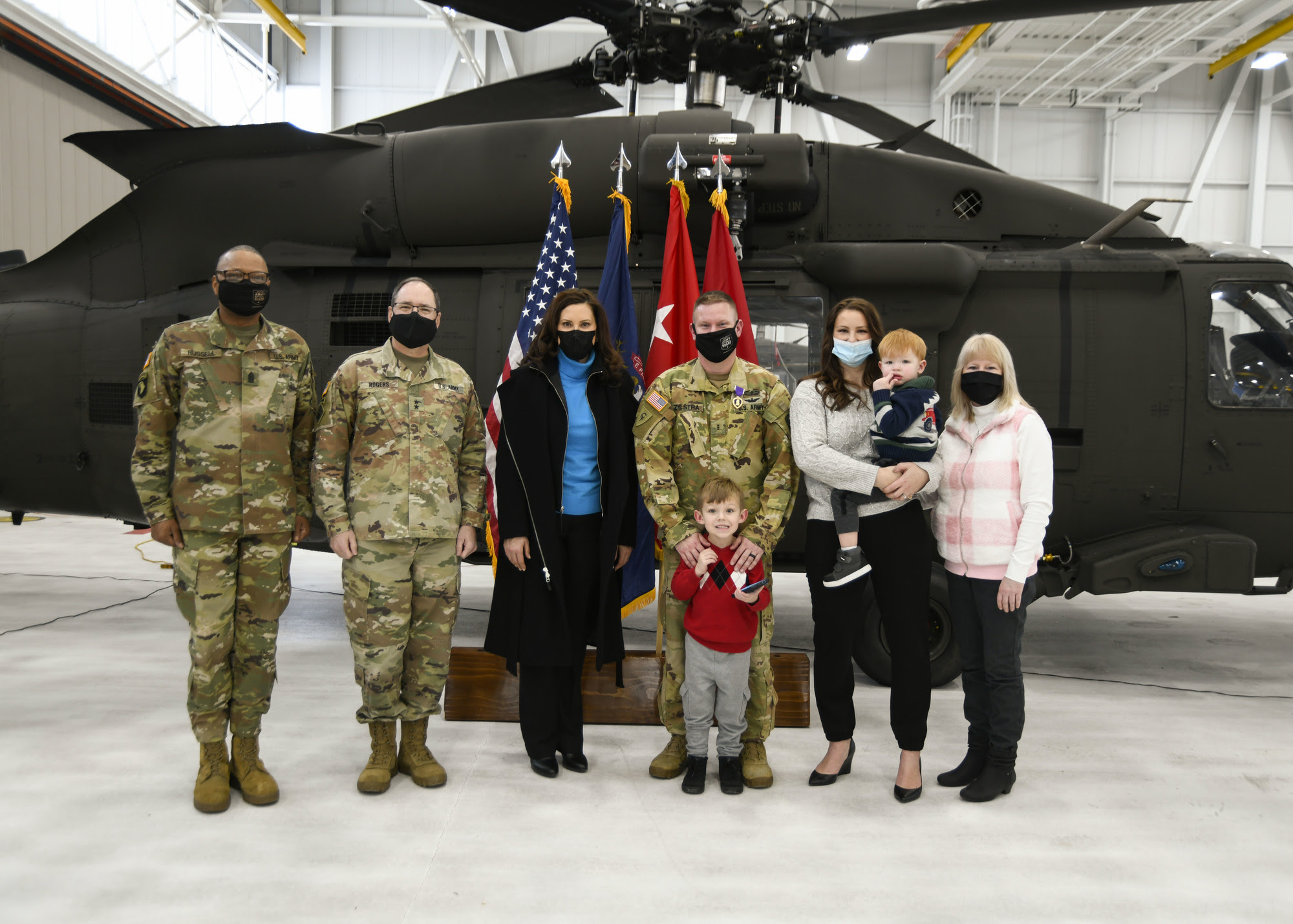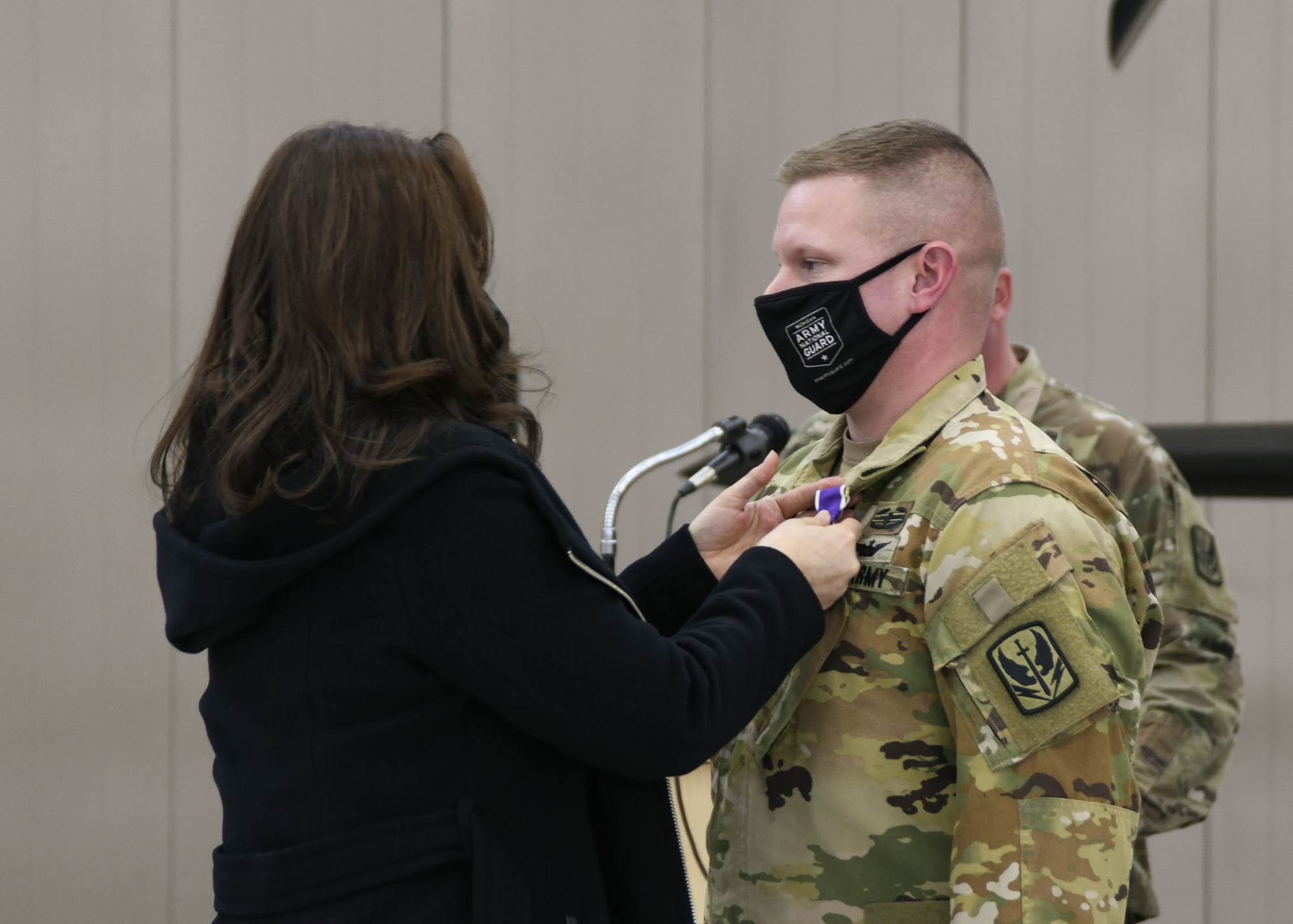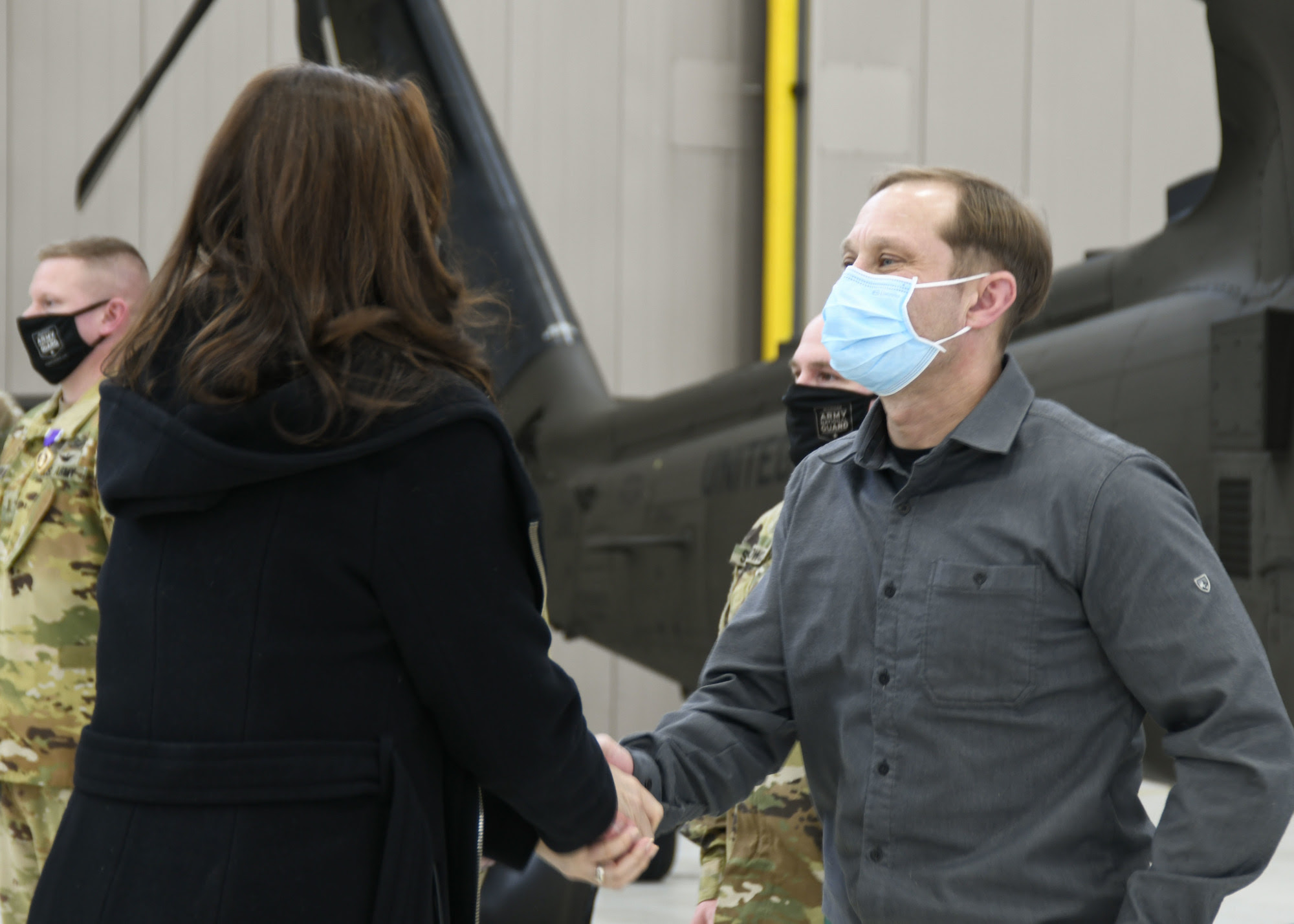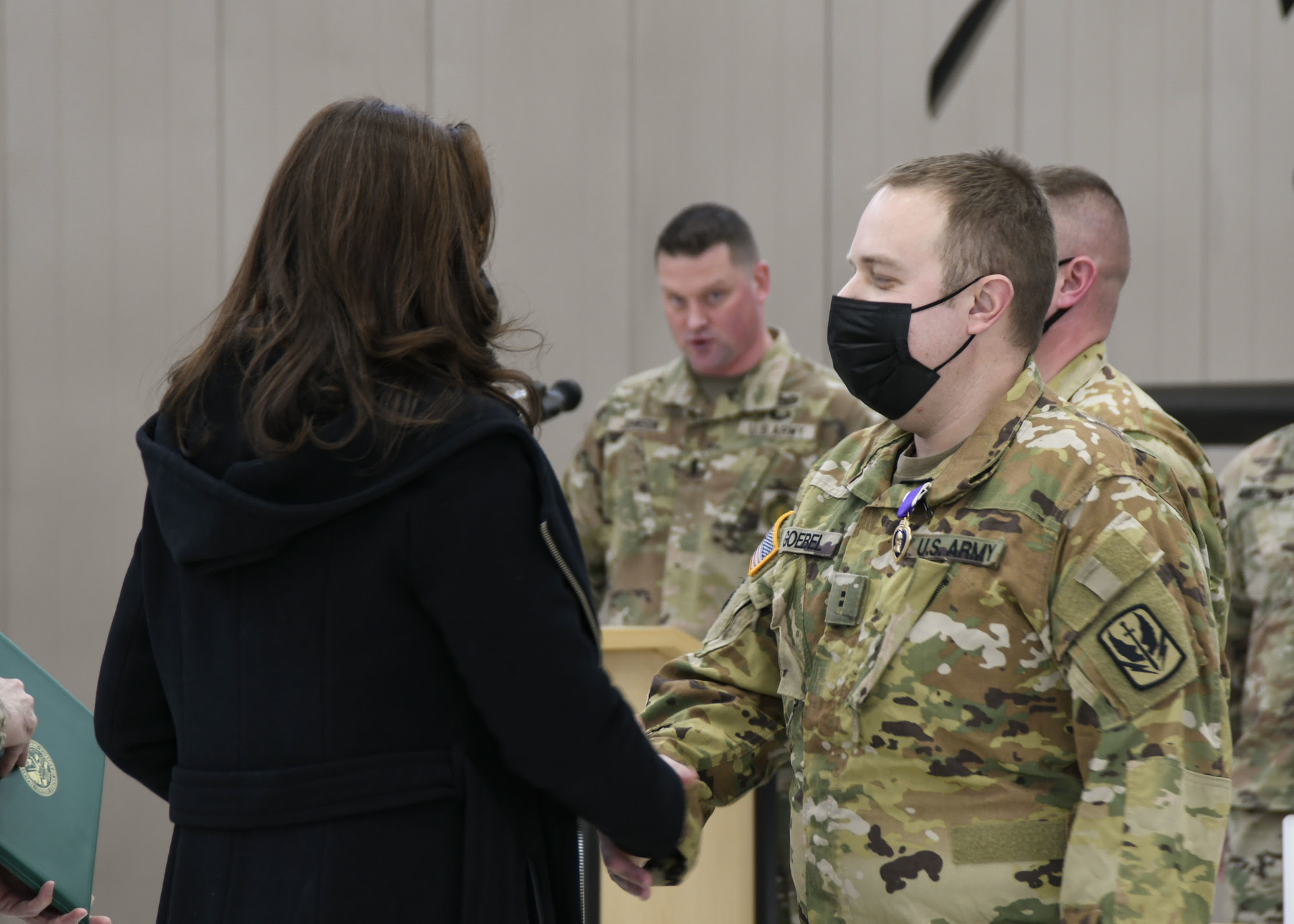
FOR IMMEDIATE RELEASE: Jan. 20, 2022
CONTACT: Bob Wheaton, 517-281-1701, wheatonb@michigan.gov
MDHHS describes child welfare system progress in court
LANSING, Mich. – The Michigan Department of Health and Human Services (MDHHS) today outlined progress that has improved the well-being of youth involved in the state’s child welfare system.
MDHHS appeared virtually in U.S. District Court for the Eastern District of Michigan for the latest report from federal court monitors who have been tracking the progress since a court settlement in 2008 following a 2006 lawsuit.
“Michigan has made great progress over the past 13 years in keeping children safe and providing services to families,” said MDHHS Director Elizabeth Hertel. “While we realize we still have work to do, we strongly believe we have a self-reliant child welfare system and are moving closer to a system that does not need federal court oversight.”
In court, Hertel and MDHHS child welfare leaders shared improvements that include:
- A substantial decrease in the number of children in foster care. Michigan had more than 19,000 children in care in 2008. Today, there are just over 10,000.
- A large decrease in children placed in congregate care facilities as more children are placed in family foster homes or reunified with their parents. In 2008, Michigan had more than 1,200 children in the group facilities, compared to about 450 today.
- A substantial decline in overdue Children’s Protective Services investigations of suspected child abuse and neglect – from 1,260 in July 2019 to only 22 at the end of 2021.
- Strategies that seek the voice of youth and families, including formation of a parent advisory board and another advisory group made up of people who have experienced Michigan’s child welfare system, including youth and foster parents.
- A decline over the last 12 years in children being removed from their homes along with an increase over the same period in children exiting care to be reunified with their families or adopted.
- A significant decline in physical restraint of youth in child-caring facilities over the last two years.
- A substantial improvement since 2019 in the safety of children who are in foster care.
Hertel told the court the department hopes to be able to exit federal court oversight by the end of 2022. Today, federal monitors released a progress report for the six months ending Dec. 31, 2020. The report showed that caseloads for Children’s Protective Services staff and workers who monitor private child welfare agency staff continued to meet the settlement’s standards.
MDHHS data shows the rate of child maltreatment in foster care for fiscal year 2020 improved to 4.7 per 100,000 days in foster care – well below the 9.7 rate required by the court and down significantly from 2019.
“I am particularly proud of the improvements we have made in increasing safety for children in foster care” said Demetrius Starling, executive director of MDHHS’s Children’s Services Agency. “Keeping children safe is our top priority. Our staff and private partner agencies have worked hard to protect children who are in foster care. We will strive to do better and continue our efforts to make improvements that will keep children safe and allow us to exit court oversight.
While the progress has been sustainable, the department recognizes further improvements are needed. MDHHS will work to address challenges identified in the report, including improved documentation of investigations of maltreatment in care, oversight of contracted agencies, and finding children in foster care a permanent home through reunification or adoption within 12 months.
Judge Nancy G. Edmunds asked MDHHS to work with the federally appointed court monitors on a plan to focus on select areas that are monitored by the court using up-to-date data and provide an update to the court on April 20.
To view the latest federal court monitor report and other information, go to www.michigan.gov/ChildWelfareAgreement. |















